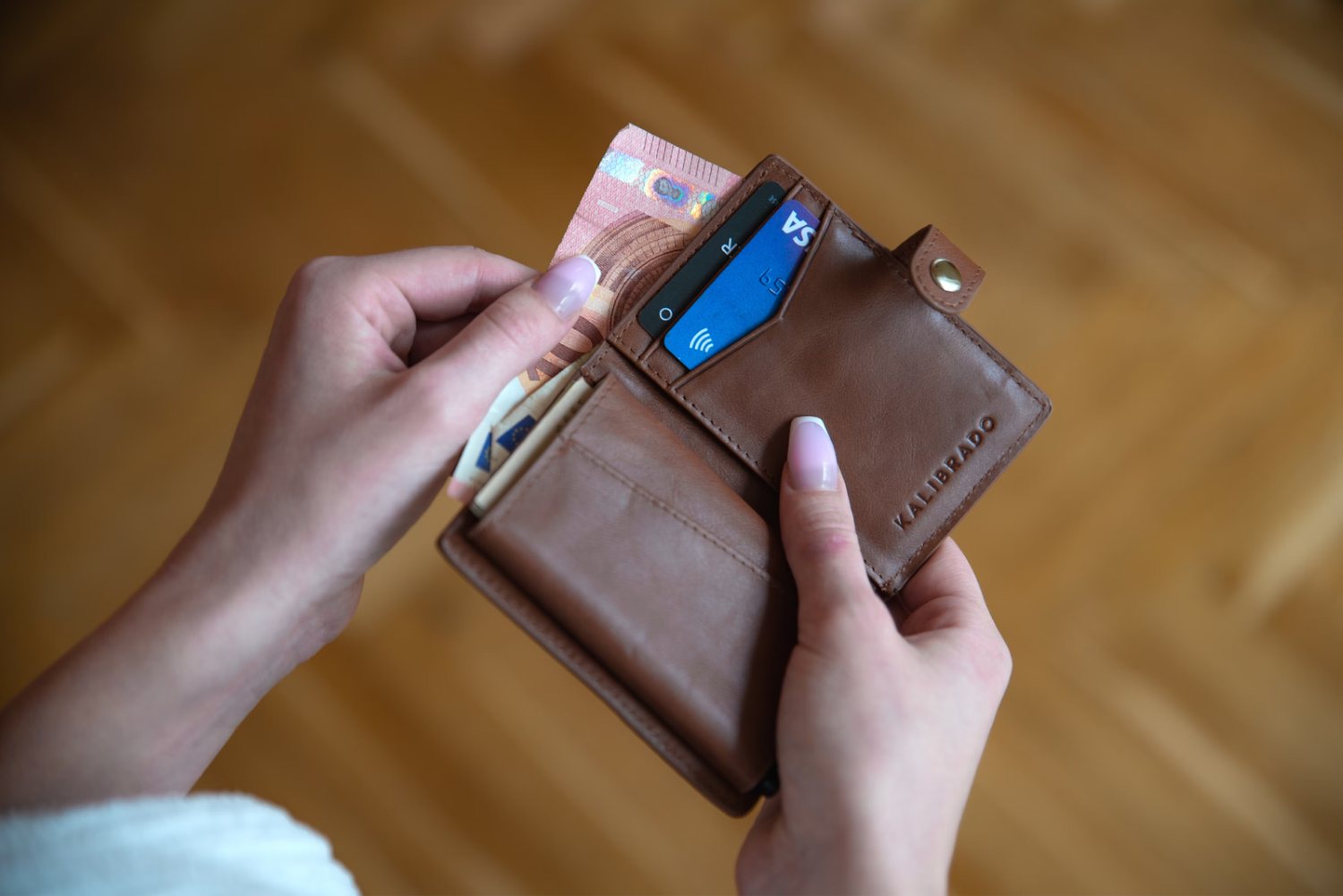
If you pay attention to the way in which people are paying for their goods and services now, you’ll quickly see a pattern of people using their phones rather than bringing a card out of their wallets or using cash. The shift towards digital has been underway for years, but it could well be time to embrace the change if you haven’t already. Below, we’re exploring some of the factors driving the use of digital wallets (otherwise known as e-wallets) as well as their benefits and the reasons to switch.
Gambling Payments Lead the Digital Wallet Revolution
If there is an industry that has embraced modern payments more than any other, it is the gambling industry. People who deposit into gaming accounts such as online casino accounts have been using digital wallets more frequently having embraced cryptocurrencies faster than virtually any other industry.
People who sign up for accounts to play online slots and table games drive digital wallet transactions in a way that other industries may not. For example, it is now estimated that the majority of all Bitcoin transactions involve gambling and the gambling industry. People use their crypto funds to put money into their online slot machine accounts for many reasons, one of which is the fact that the transactions provide them with more security and convenience.
Using a digital wallet is one of the quickest and easiest ways to transfer cryptocurrencies, and people who hold Bitcoin and other transactions can use their finances to deposit using just Face ID or a fingerprint ID. As cryptocurrencies use a digital ledger to track all of the transactions that take place, it is a very transparent way of moving money around, one of the many reasons why people are switching to e-wallets.
Specific crypto wallets can contain payment details from a variety of different cryptocurrencies, so those who hold Bitcoin, Ethereum, and other currencies encrypt their data, but store and access their funds within one wallet. People often compare prices of crypto and may store different forms of currency in the longer term, but one digital wallet can store all these details. The software can verify identity as well as manage multiple ways to manage money.
Encryption Helps to Keep People Secure
A digital wallet will often come with a high level of security, in the form of encryption, meaning that when payments are made, not a huge amount of personal details are shared.
Many of the digital wallet and crypto wallet providers out there can allow people to add even more security measures including biometrics, so people might be able to use their Face ID or fingerprints. On top of this, there are two-factor authentication options, meaning that people can add further security to keep their wallets secure. This provides more peace of mind for some and certainly poses a very different proposition when compared to carrying debit cards or credit cards. With a physical wallet, there are many ways that the security can be compromised, but digital wallets can eradicate these and ensure you have to secure and authenticate your identity.
Why It May Be Time to Embrace Digital
Digital payment methods are the norm now, but they have historically used a lot of different methods that involve physical assets like credit and debit cards. The advent of e-wallets and digital wallets brings a lot of benefits for people
- Simple money management. Digital wallets can pull in payment details from cryptocurrency accounts, bank accounts, and more sources, allowing people to manage their funds in one central place. Aspects like bill splitting may also be easier with some digital wallets.
- Rewards. It is possible that some digital wallets provide their users with rewards such as cashback on certain purchases. People considering downloading digital wallet software should compare the options, some may have extra benefits.
- Speed of transactions. Most digital wallets can instantly send money and keep transactions on public ledgers so they can be tracked and recorded, too.
- Peer-to-peer. Digital payment methods can cut out the middleman. More and more modern payment methods and financial management methods are embracing P2P, meaning that there are fewer links in the chain or people involved. For instance, nobody in a bank will need to approve or oversee the transactions.
Of course, some people have become very used to the way they manage their money, including things like using credit cards, debit cards, and cash. However, these methods are no longer the most efficient in some scenarios, and even if you want to use funds from a bank account or a bank card, adding them to a digital wallet may add a level of security and encryption.
We live in the age of choice, and consumers can manage their money however they see fit, but digital wallets make life easier for those who hold cryptocurrency as well as those who want extra convenience and a digital way to make their payments.









